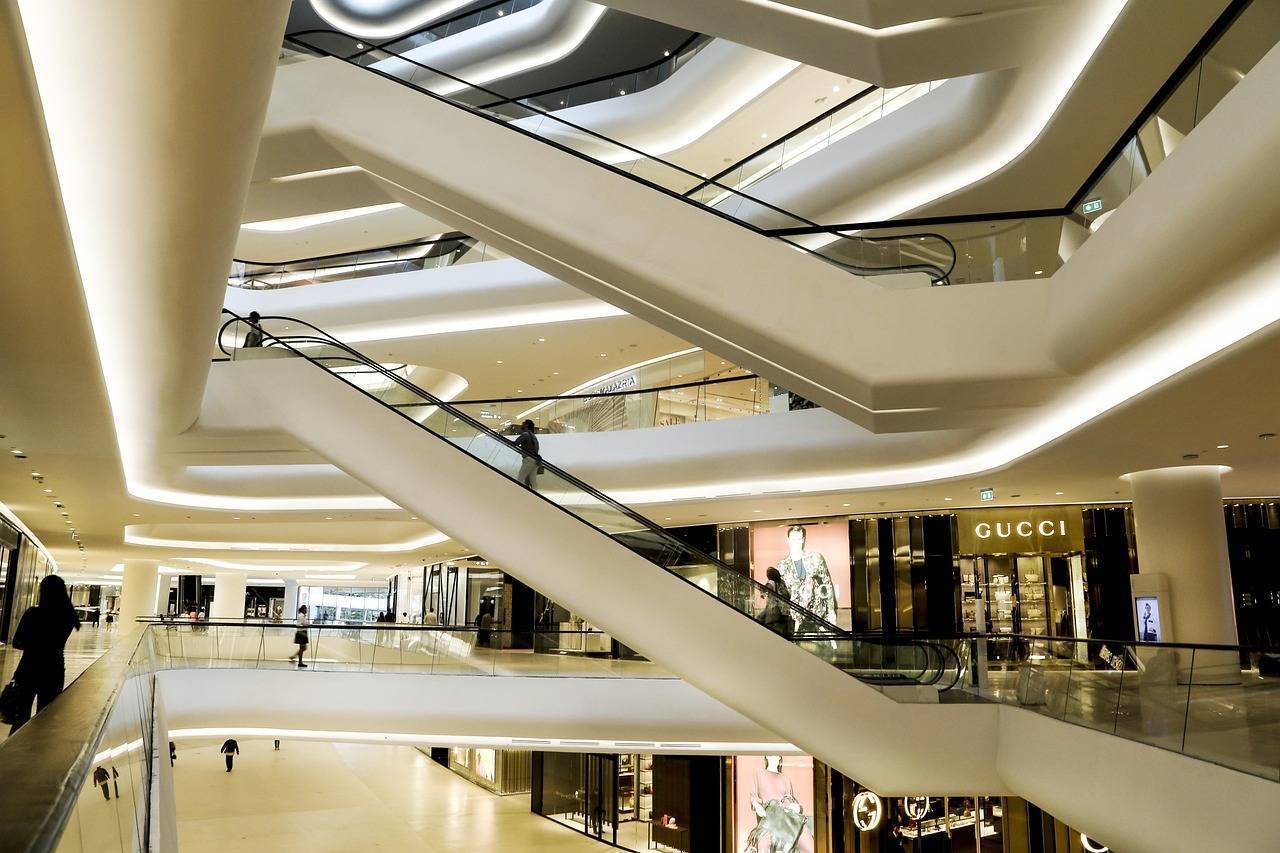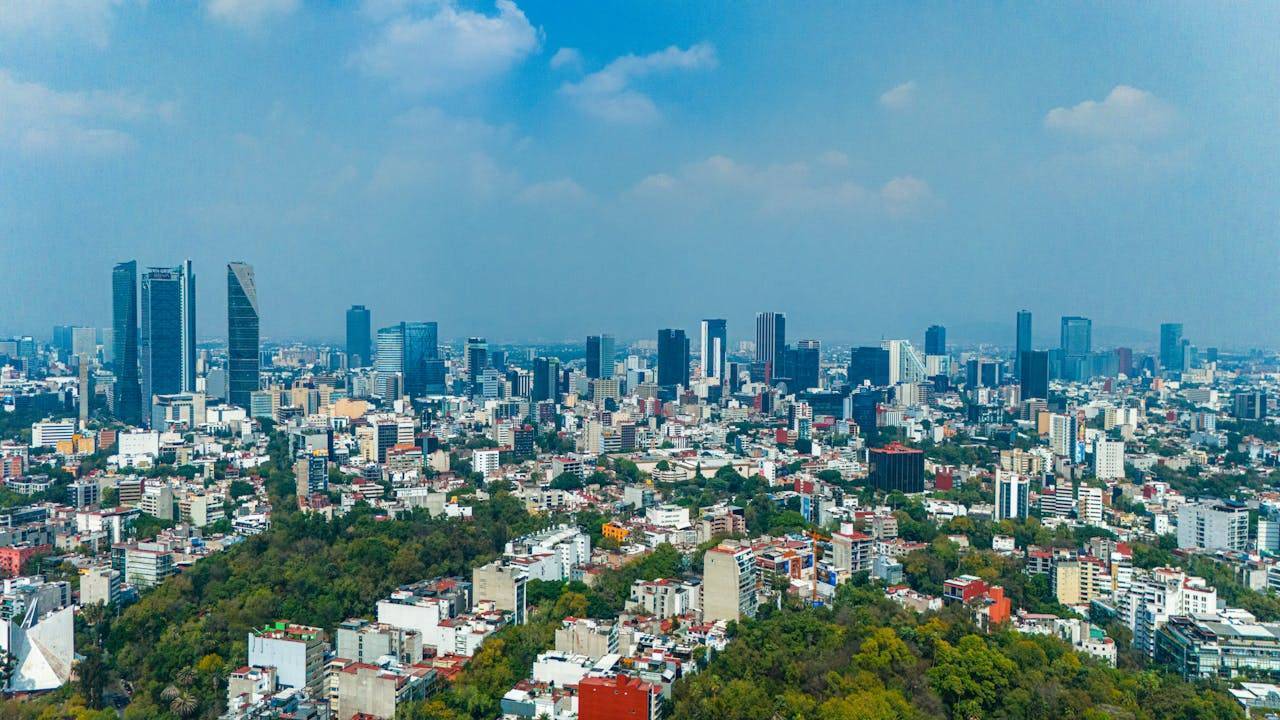India’s retail real estate sector recorded a significant upswing in leasing activity during the first quarter of 2025, with gross leasing volume reaching 3.1 million square feet across the top seven cities. According to real estate consultancy JLL India, Bengaluru led the market, with Hyderabad following closely. Together, these two cities accounted for nearly 60% of total demand, underscoring the rising importance of South India in the country’s evolving retail landscape.
Retail Leasing Touches New Highs
The leasing momentum was most visible in Bengaluru, which emerged as the top-performing city in terms of gross absorption. Hyderabad registered strong leasing as well, supported by increasing retailer interest in peripheral suburban locations. These findings are based on JLL India’s quarterly tracking of key metros—Delhi-NCR, Mumbai, Bengaluru, Hyderabad, Chennai, Pune, and Kolkata.
The majority of leasing activity in Bengaluru and Hyderabad occurred in high streets and suburban micro-markets, where retailers are seeking larger spaces to accommodate expanding product categories and experience-driven formats. The categories showing the highest space requirements include grocery and daily needs, food and beverages, and fashion and apparel outlets.
Fashion and F&B Drive the Momentum
Fashion and apparel retailers accounted for the largest share of retail leasing activity in Q1 2025, comprising 31% of total transactions. The food and beverage segment followed at 21%, while the entertainment sector—including multiplexes and family entertainment centres—contributed 16% of the demand.
Samantak Das, Chief Economist and Head of Research & REIS at JLL India, noted that fashion retailers are continuing to expand both in Tier 1 cities and in emerging Tier 2 zones. This expansion is driven by new store concepts focused on customer engagement and experience. Das highlighted that the increasing relevance of experience-oriented retail formats is reshaping real estate strategies across categories.
The data also points to a more diversified retail landscape, with electronics, daily essentials, wellness, and lifestyle brands making consistent leasing contributions. These segments are gradually becoming stable demand drivers and adding resilience to overall sector performance.
Sharp Uptick in Supply: New Grade A Malls Drive Growth
Supply-side activity kept pace with demand in Q1 2025. Around 2 million square feet of new retail space was delivered across five newly launched malls, registering a 169% increase over the same quarter in 2024. Mumbai led the supply surge, contributing 68% of the new space with three mall completions. One mall each was added in Delhi-NCR and Hyderabad.
This influx has taken the total organised retail stock across the top seven cities to approximately 88.5 million square feet as of March 2025. The scale and quality of these new projects reflect improved developer confidence and a strategic response to shifting consumer preferences.
Quarterly Growth and 2025 Outlook
Compared to Q4 2024, gross leasing grew by 9% in Q1 2025, rising from 2.35 million square feet to 3.1 million square feet. JLL anticipates continued momentum over the remaining three quarters, with around 7 million square feet of new Grade A retail space expected to be delivered between April and December 2025.
JLL’s projections suggest that gross leasing activity in 2025 may comfortably cross the 10 million square feet mark, supported by consistent demand for quality spaces in well-connected suburban zones and Tier 1 locations.
What’s Fueling Retail Real Estate Growth?
Multiple macro and sector-specific factors are driving the current boom in India’s retail leasing market:
- Urban Consumption Patterns: A growing middle class and increased consumer spending are pushing demand for organised retail formats, particularly in cities like Bengaluru, Hyderabad, and Chennai.
- Retailer Expansion Playbooks: Both domestic and global brands are pursuing aggressive expansion, not only in premium malls but also in curated high-street spaces and mixed-use developments.
- Experience-Driven Retail: Technology-backed store formats and experiential branding are becoming central to retail real estate decisions. This trend is encouraging retailers to secure larger and more flexible spaces.
- International Brand Entry: Global players, especially in fashion and quick-service restaurant segments, are using Indian metros as launchpads for regional expansion, contributing significantly to leasing volumes.
India’s organised retail sector is witnessing a broad-based revival, supported by new supply additions, sustained leasing demand, and the emergence of suburban retail hubs. Bengaluru and Hyderabad’s strong performance in the opening quarter of 2025 reflects broader shifts in India’s consumer economy and urban growth dynamics.
With developers aligning offerings to modern retail needs and tenants focusing on long-term occupancy strategies, 2025 is shaping up to be a milestone year for the sector. The market is expected to benefit from ongoing investments, infrastructure improvements, and greater integration between physical and digital retail models.









.png)